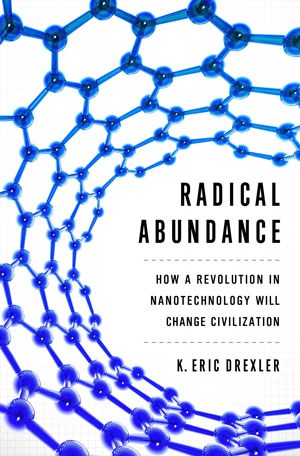An interview with UK nanotechnologist Richard Jones argues that the surest and most efficient path to advanced nanomachine function will incorporate or mimic biomolecular nanomachinery rather than scaled down rigid conventional machinery.
What kind of nanomachines will advanced nanotechnology use?


